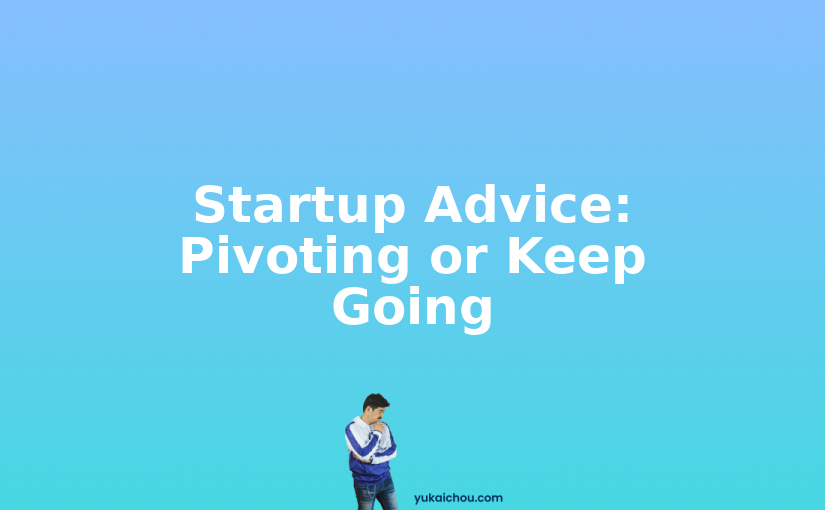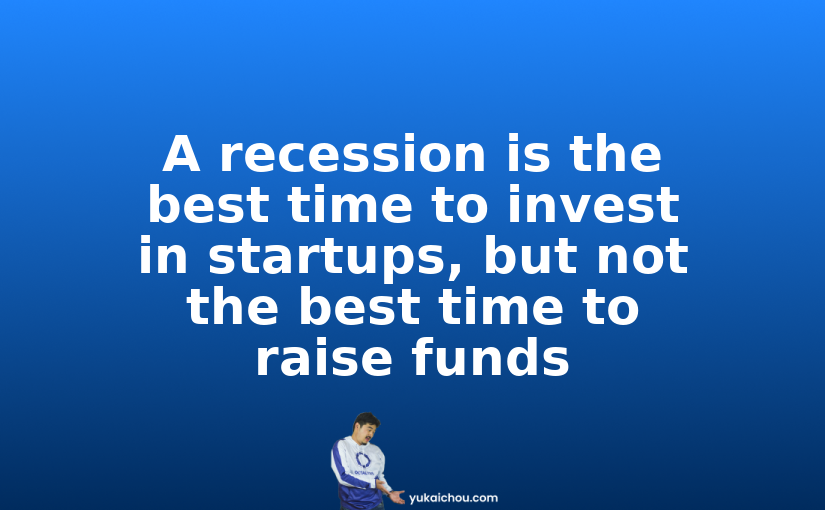
Fear is contagious
Why do we wriggle with fear based on someone else’s assessment? Why do we care so much about so-called experts’ opinions on what to fear (and when and where to fear it)?
In discussion of newsworthy events , it is common to hear borrowed phrases. ‘Did you know the new president will have his hands on the nuclear codes?’ was a commonly held fear circulating the internet in the recent American presidential election. But why did so many people accept this fear? All former US presidents (post-development of nuclear arms) had or held this same power.
What experts were implicitly arguing was that the president-elect had a different sensibility that somehow made him more dangerous; he could take us a step closer than someone like JFK did to nuclear armageddon.
The North Korean buzz
Maybe you’ve followed the buzz about North Korea and its nuclear arms developments. It is common to hear fear in conversations that could lead to the end of civilization.
But, how many of you reading this have met the leaders of the countries in question?
If you fear Trump or North Korea it is probably because someone else fears them. If you do not have time to meet the president for yourself (or he has not invited you to dinner), you must rely on second-hand information about it him, either through a live-broadcast of his speeches, what people who have met him say about him, or through analysis from pundits, journalists, and political scientists. And If they say we should fear the man, then maybe they are right. After all, it is their job to cover these matters.
Here we see a reasonable effect of Core Drive 5: Social Influence & Relatedness.
Relationships
By the way, this also happens in cases of scientific fact. If a notable scientist has found through experimentation to have validated a theory, or if this same scientist is remarking on the work of peers, I will probably assume he or she has ‘checked’ the validity of their peers’ work (akin to peer /reviewed journals).
This claim is analogous to close relationships. If we trust people, we will like what they like, and fear what they fear. At minimum, we will take their statements of liking or fearing seriously, and be influenced by reciprocation or social norming.
Cognitive effort
Sometimes, it just takes too much effort to check ourselves. It is easier to agree with people we know, like, and respect. Most of all, it is easy to agree with people we trust.
With trust, we enter a sub-category of idea reciprocation in the space of Core Drive 1: Epic Meaning & Calling. It is easier to take on someone else’s idea who is on your team, or part of a group you affiliate with or feel connection toward.
Social norming
What have we to lose by fearing irrationally? First, a case for individuality. Writers like Saul Bellow and Christopher Hitches have long argued we should think for ourselves as much as possible, and be self-publishers in argument. Otherwise, we risk becoming automatons. Next time someone urges you to fear something, question why they purport to fear it, analyze the evidence, and then notice again if the fear has come into your being, or if you’d like to take a second look, a look for yourself. This takes cognitive resources, so even noticing that the fear has entered your consciousness is the first step.
In Octalysis Prime
In Octalysis Prime, our members tackle everyday and complex applications of behavior design. We specialize in investigating the strongest forms of human influence and overall behavior, so that we can help each other design better experiences to capitalize on these behaviors, or overcome inertia to those same experiences.









2 responses to “Why Fear is Contagious”
Is it possible that “fear” spreads more rapidly because it requires less “effort” than clearly researched and rational thoght about a topic?
Easier to “fear’ something that a loud group is constantly going on about in very public spaces?
Dave, I think you are right. It takes work to dispel the fear.